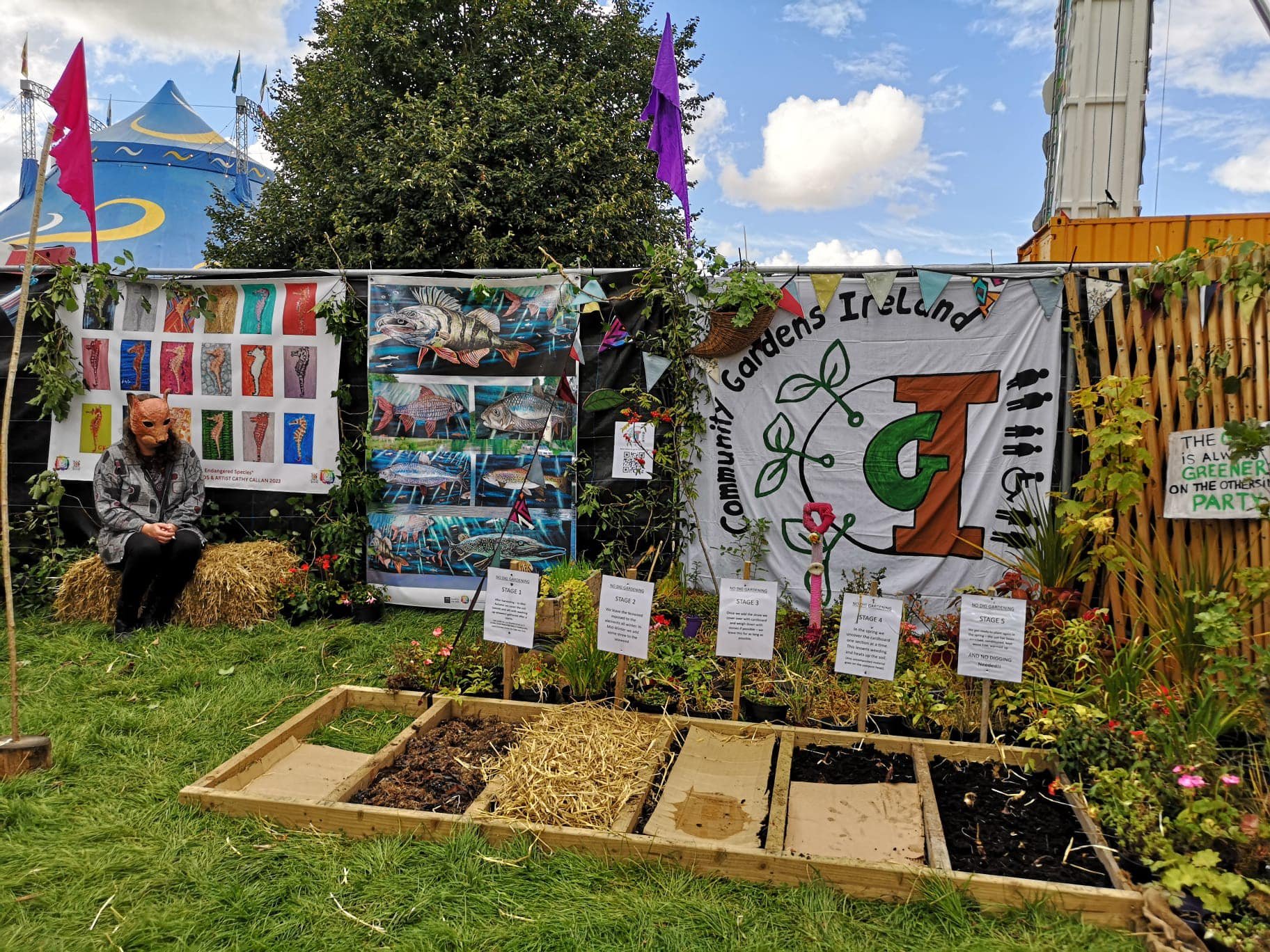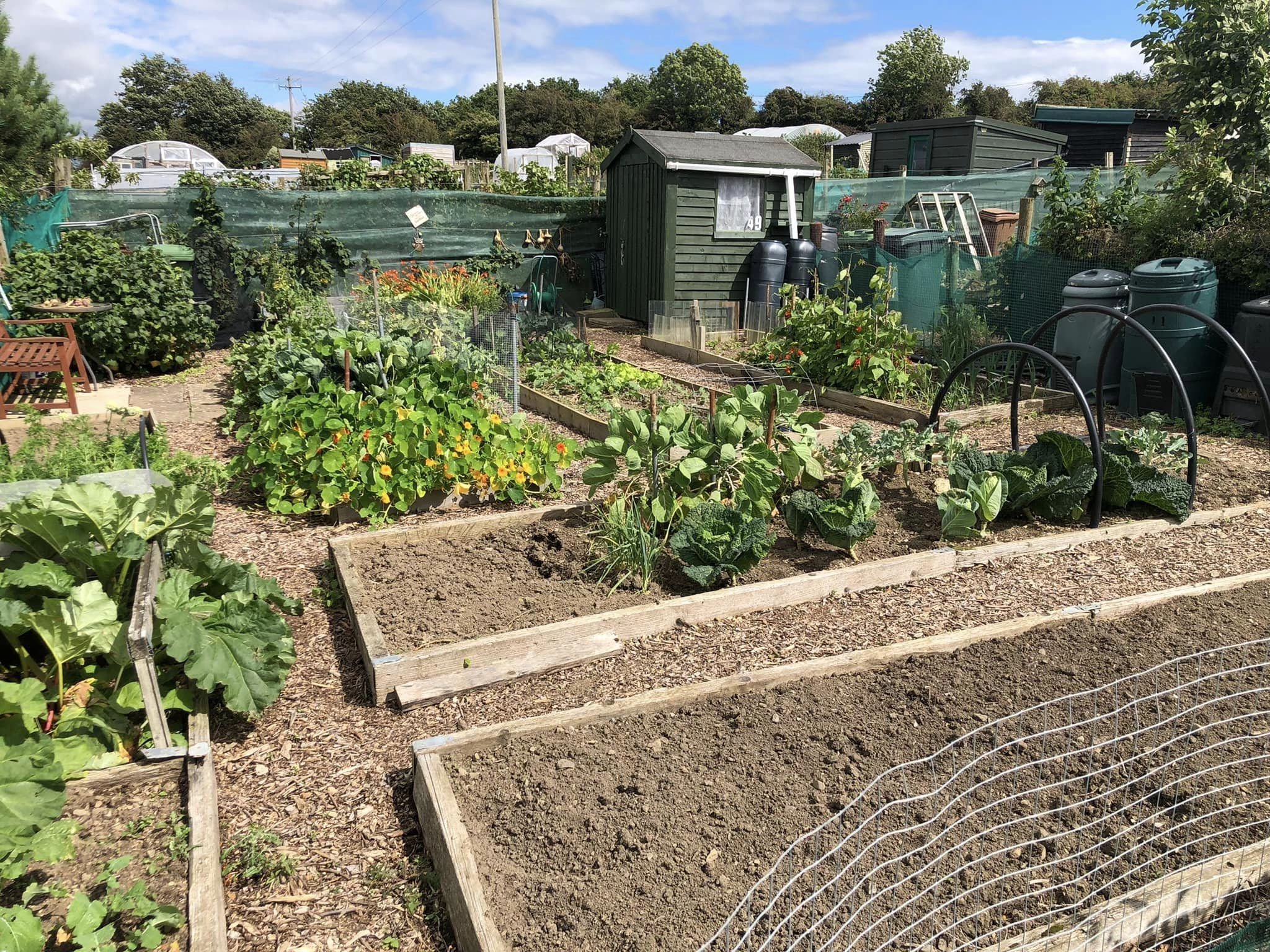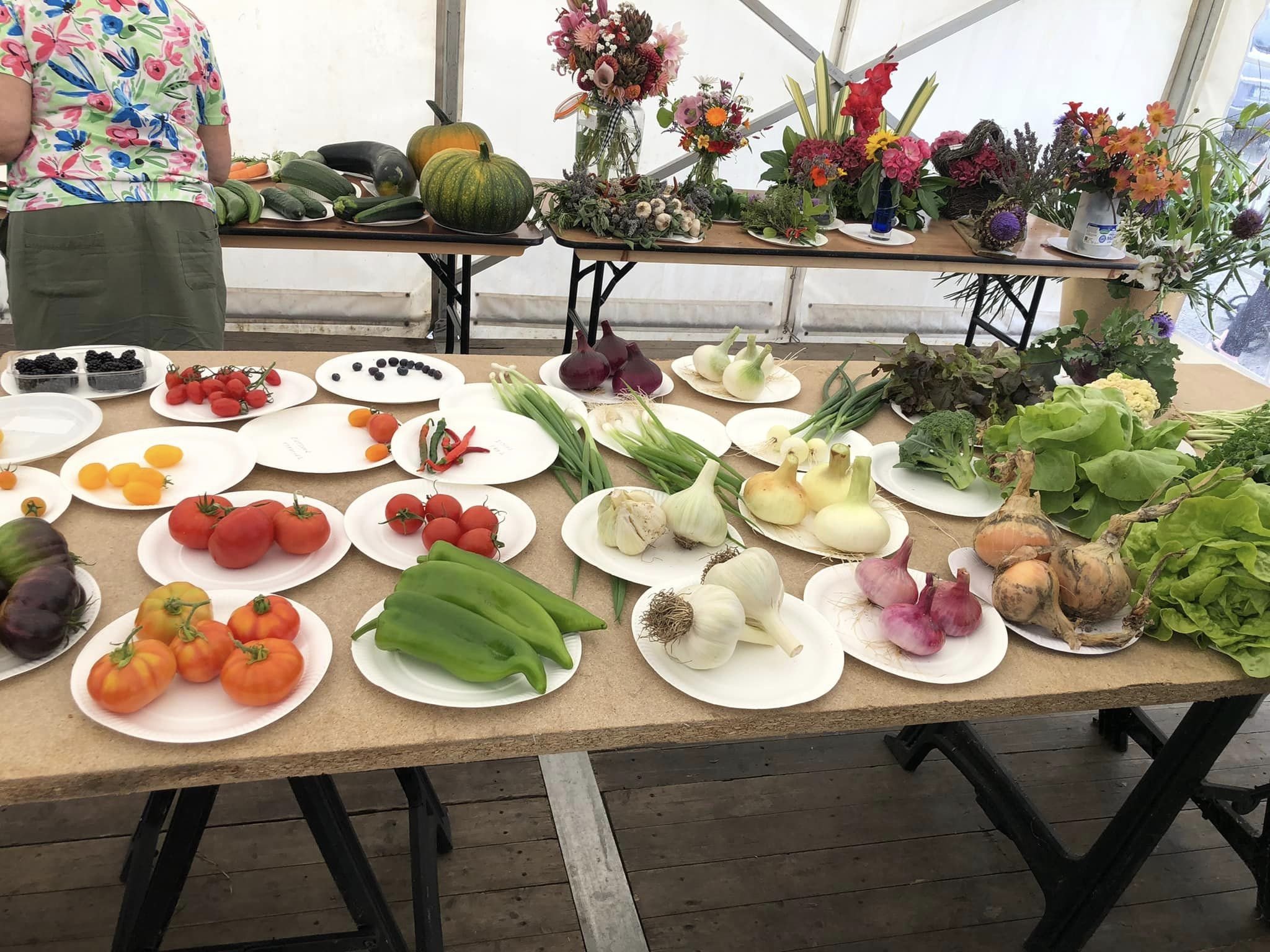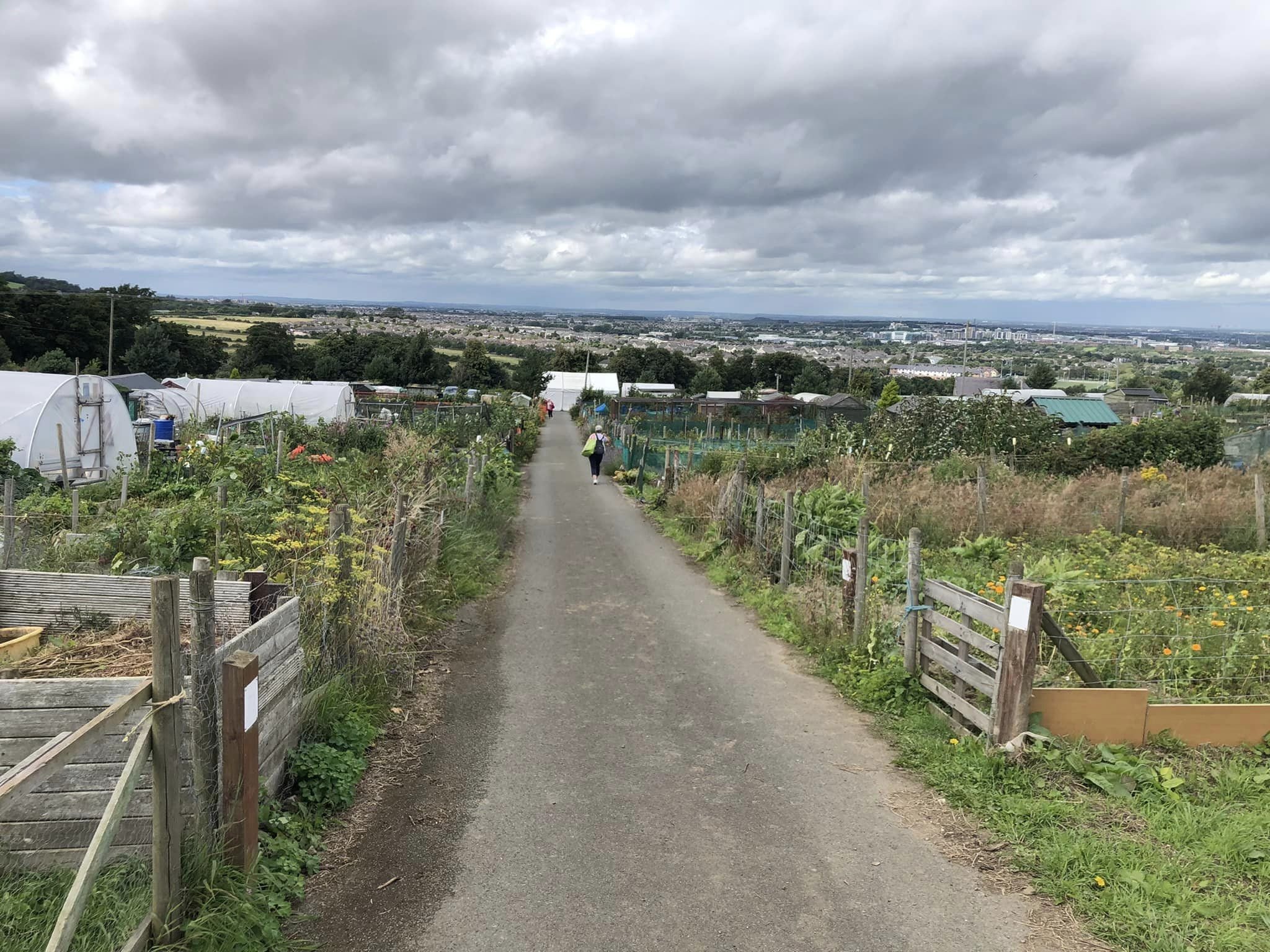The Power of Community Gardens in a time of crisis
There are many reasons for Community Gardens in Ireland
There are many reasons for the arrival of community gardens in Ireland, which as a more rural country has not had a history of community gardens and allotments like England and other European countries.
One is the reclamation of public spaces, for example the Dolphin’s Barn garden in Dublin was established on a derelict site of some former urban allotments.
“At the time it was just a disused, overgrown area behind a factory, hemmed in by the canal and a row of houses. And so it happened that about twenty of us sat around in a circle by the canal at Dolphin’s Barn and shared our ideas for what the rough patch of land could become.”
Some community gardens have become community enterprises producing vegetables for the local market like the Glor Na Mara community garden in Bundoran.
Some gardens are initiated by immigrant communities as a means of social and cultural expression and many gardens play a vital role in integrating people from other parts of the world.
A national Network of Community Gardens
At the GIY gathering in Waterford 2011 the idea of a national network was suggested and Community Gardens Ireland (CGI) was established. The Vision statement was
“That social community garden spaces are created in every village, town and city in Ireland and Northern Ireland, creating opportunities to empower local communities and provide outdoor environmental places of education where people of all ages, genders, nationalities and socio-economic backgrounds can learn about gardening, food growing and food sovereignty, the environment, biodiversity, climate change, sustainability, community resilience, as well as about the positive mental implications and physical health benefits of being outside in nature and being sociable around food.”
Fast forward and 20 years later community gardens are part of a much wider international movement trying to solve our climate crisis, a movement for food sovereignty, a movement for keeping soil fertility, restoring soil fertility, a movement that not only grows food and cultivates the soil, but builds a new food culture, cultivating peace and integration.
To our knowledge there are currently close to 280 community gardens on the island of Ireland (more information at https://cgireland.org/about-the-community-garden-network/)
Having helped establish community gardens, having worked as gardeners and chefs in community gardens and volunteered in local community gardens we can testify to the power of these community groups in overcoming all sorts of obstacles and political divides bringing people together with the simple goal of growing food together and by doing that are being so much more. During the pandemic these gardens were often healing spaces and most recently are healing spaces for people fleeing war and persecution.
“You think you are building a garden...you’re really building a community!”
A good few years ago we asked professional gardener Dee Sewell, who works with community gardens and has founded the Community Garden Network (www.communitygardennetwork.ning.com), for her top 5 reasons why people organise themselves around community gardens and her answers were as valid then as they are now:
“ 1. They learn new skills and how growing, harvesting and eating your own food is good for both mental and physical health.
2. They learn about the seasonality of food and pick up recipe ideas and new cooking techniques.
3. They have a better appreciation of how difficult it can be to grow food without chemicals and why organic food is venally more expensive at markets and shops.
4. They learn how successes and failures of growing food are normal.
5. Community gardens are available to anyone regardless of their age, vendor or social/economic circumstance.”
Community Gardens and the Degrowth Movement
Environmental reasons like protecting Biodiversity as in the new Notice Nature measure for the Tidy Towns competition have become very prominent. The ‘Notice Nature’ Award is a special competition sponsored by The National Parks and Wildlife Service as part of their campaign to reward communities who have undertaken initiatives to protect the biodiversity in their local environment. Some community gardens have wildflower meadows, insect hotels and mini orchards with native Irish apple trees.
Community gardens together with food initiatives and reuse initiatives are all part of the degrowth movement, where sharing is a key concept. The degrowth movement has three common goals:
1. To reduce humanity’s environmental impact
2. Ensure wealth equality within and between countries, and,
3. Ensure a just transition to a participatory global society focused on well-being.
Schools for Gardeners
We think what sets community gardens apart from private gardens or allotments is the learning aspect: Community gardens are almost public garden schools, where participants learn about soil fertility, best varieties of vegetables to sow, how to control weeds and prevent pests and diseases.
This is a very empowering process as the skill of producing food is very fundamental to human culture. Cooking sessions, summer festivals with a BBQ, harvest celebrations, twinning with local school gardens and seed swaps, are just a few features of community gardens. They are becoming a focal point in towns and cities fostering respect, consideration and empathy!
Go find your local community garden or start one yourself!





